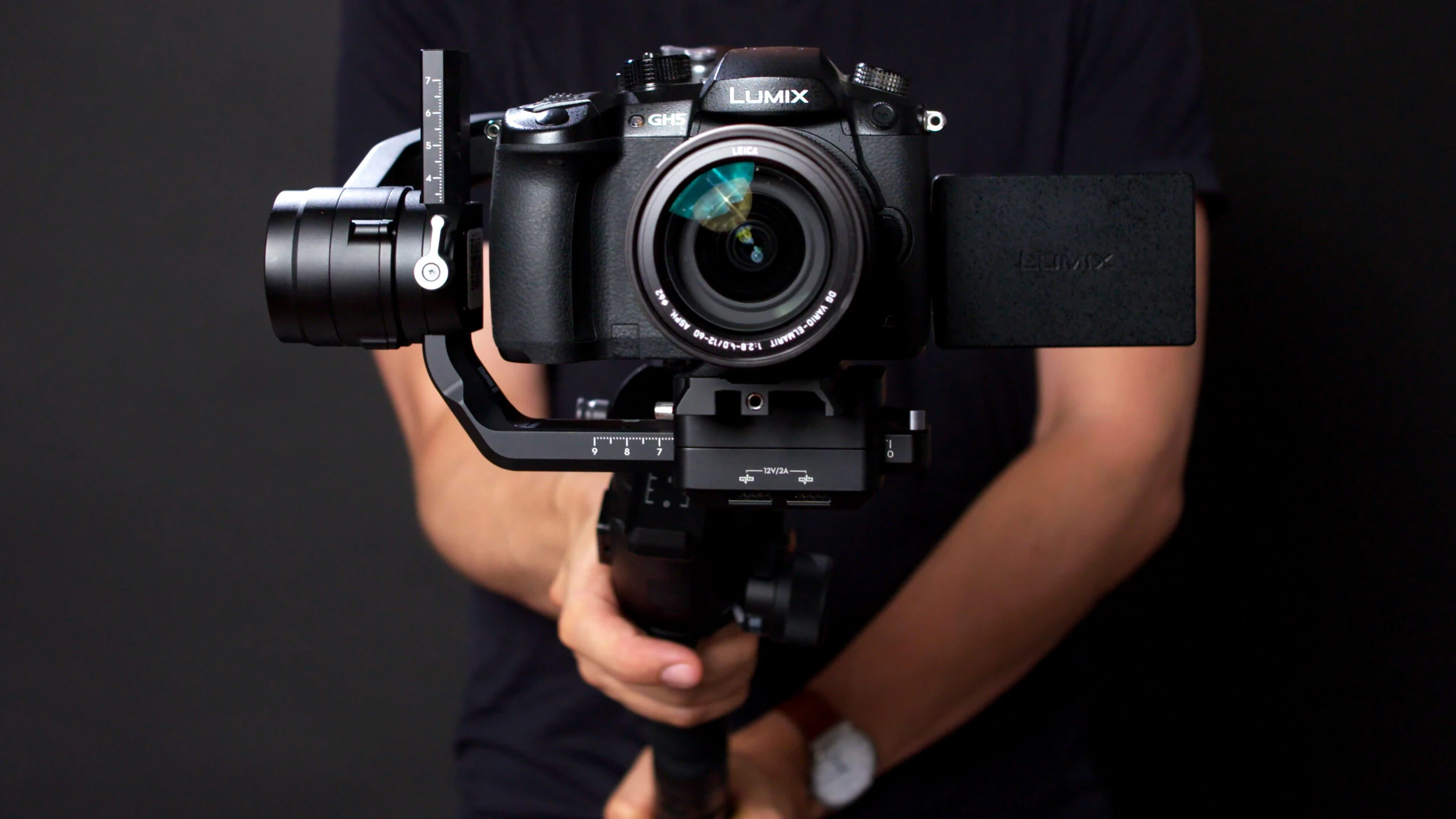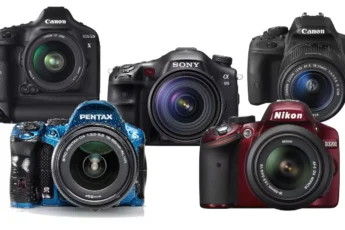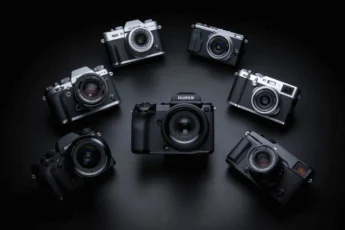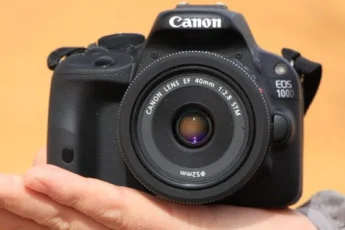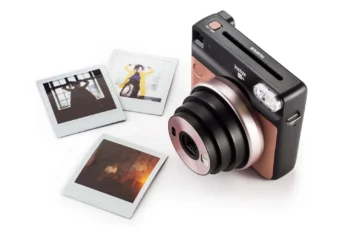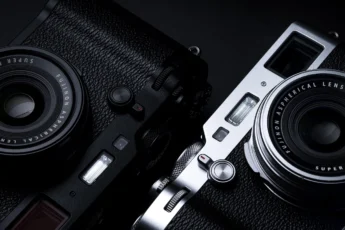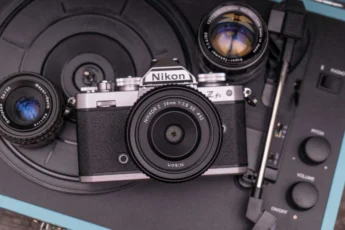Filmmaking cameras have come a long way since the dawn of motion pictures. From the early days of silent, black-and-white films to the modern era of digital cinematography, the evolution of camera technology has been nothing short of remarkable. Today’s filmmaking cameras offer a wide range of features and capabilities, catering to the diverse needs of filmmakers across various genres and styles.
When it comes to choosing a filmmaking camera, several factors come into play. Sensor size, resolution, dynamic range, low-light performance, and video codecs are just a few of the key considerations. Additionally, filmmakers must take into account the specific requirements of their projects, whether it’s a narrative film, documentary, music video, or commercial. Understanding these factors is crucial in selecting a camera that can deliver the desired visual aesthetics and storytelling impact.
- Overview of Filmmaking Cameras in 2024
- Factors to Consider When Choosing a Filmmaking Camera
- Top Picks for Filmmaking Cameras in 2024
- Panasonic Lumix S5 II
- Panasonic GH5 Mark II
- Sony A7S III
- Fujifilm X-H2S
- Sony ZV-E1
- Nikon Z9
- Blackmagic Cinema Camera 6K
- Detailed Reviews of Top Filmmaking Cameras
- Features and Specifications of Each Camera
- Pros and Cons of Each Camera
- Comparison of Filmmaking Cameras
- Key Differences Between the Top Cameras
- Which Camera is Best Suited for Different Filmmaking Needs
- Tips for Choosing the Right Camera for Filmmaking
- Understanding Your Filmmaking Requirements
- Budget Considerations for Filmmaking Cameras
- Future-Proofing Your Filmmaking Setup
- Conclusion
Overview of Filmmaking Cameras in 2024
As we step into 2024, the world of filmmaking is experiencing a remarkable evolution in camera technology. From advanced sensors to cutting-edge features, the latest filmmaking cameras are redefining the boundaries of cinematic storytelling. This year, we’re witnessing a surge in 4K cinema cameras, with high-end TV productions eagerly adopting them into their digital workflows. Moreover, 2024 is set to be a game-changer with the introduction of groundbreaking 3D and AI technologies that will revolutionize the filmmaking landscape.
In this comprehensive guide, we’ll explore the top filmmaking cameras of 2024, delving into their features, capabilities, and suitability for various shooting scenarios. Whether you’re an aspiring filmmaker or a seasoned professional, this article will provide you with valuable insights to help you make an informed decision when choosing your next filmmaking companion.
Factors to Consider When Choosing a Filmmaking Camera
Choosing the right filmmaking camera can be a daunting task, given the wide array of options available in the market. To make an informed decision, it’s essential to consider several key factors that will impact your filmmaking experience and the quality of your final output.
One of the most critical aspects to consider is the camera’s sensor size. Full-frame and APS-C sensors are commonly found in professional video cameras, offering excellent image quality and low-light performance. The resolution is another crucial factor, with options ranging from Full HD to 4K and even higher. Frame rates also play a significant role, especially for slow-motion footage or high-speed action sequences.
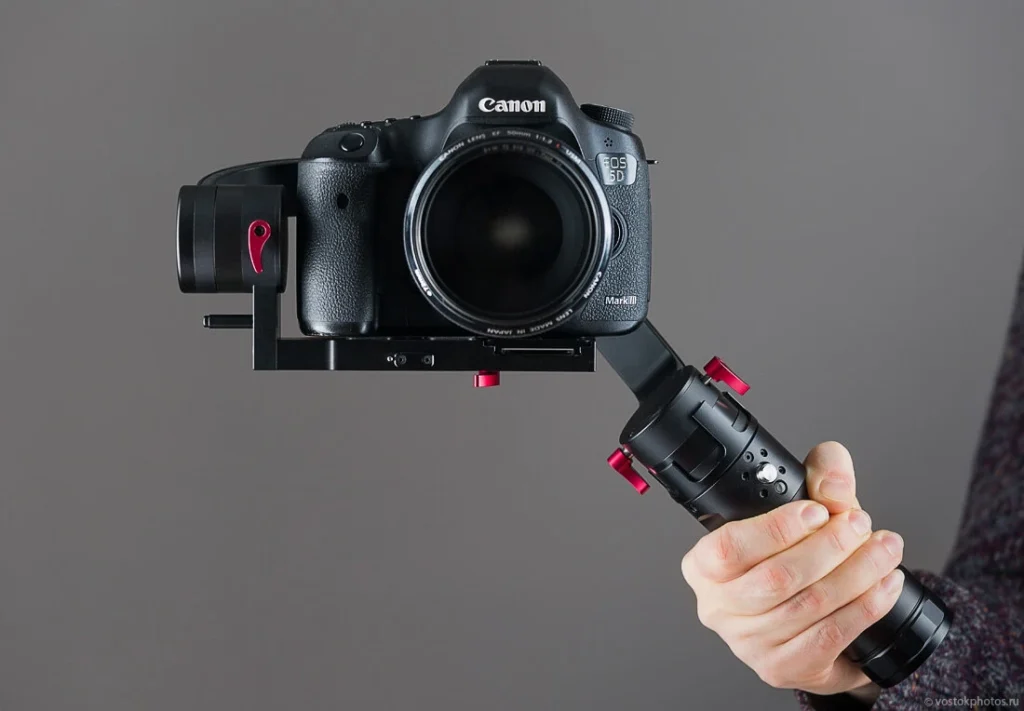
Autofocus performance is another essential consideration, particularly for documentary-style shooting or situations where manual focus may be challenging. Look for cameras with reliable and fast autofocus systems, such as phase-detection or dual-pixel autofocus. Ergonomics and handling are also important, as you’ll be spending long hours holding and operating the camera. Consider factors like weight, balance, and button placement to ensure a comfortable and efficient shooting experience.
Other factors to keep in mind include dynamic range, codecs, color science, and low-light capabilities. A camera with a wide dynamic range will allow you to capture more detail in both highlights and shadows, while advanced codecs like ProRes or RAW provide greater flexibility in post-production. Color science refers to how the camera interprets and renders colors, which can greatly impact the overall look and feel of your footage.
By carefully evaluating these factors and aligning them with your specific filmmaking needs and budget, you’ll be well-equipped to choose a camera that will help you bring your creative vision to life.
Top Picks for Filmmaking Cameras in 2024
In this section, we’ll highlight some of the best filmmaking cameras available in 2024, catering to a range of budgets and shooting requirements.
Panasonic Lumix S5 II
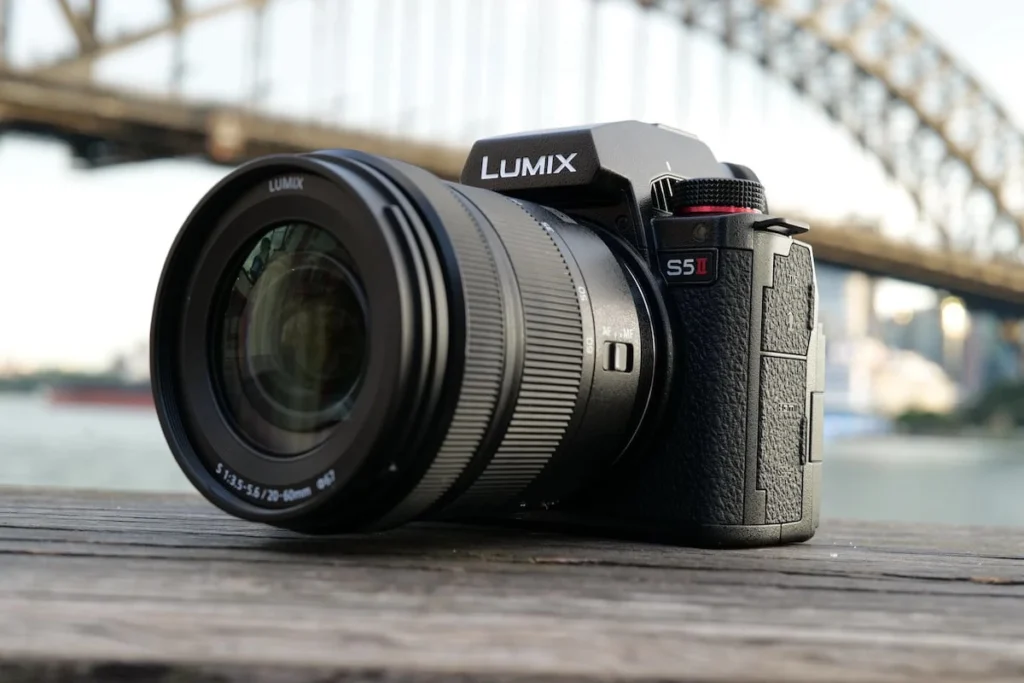
The Panasonic Lumix S5 II is a versatile and feature-packed camera that offers excellent value for money. With its full-frame sensor, 4K 60p recording, and advanced autofocus system, the S5 II is a compelling choice for both narrative and documentary filmmaking. Its compact and lightweight body makes it ideal for run-and-gun shooting, while the wide range of compatible lenses provides creative flexibility.
Panasonic GH5 Mark II
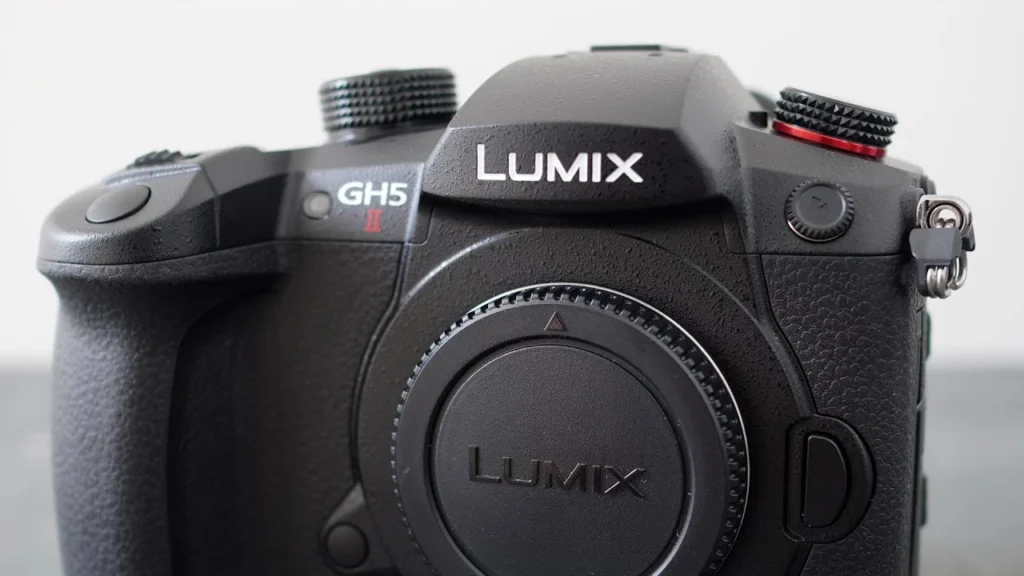
For budget-conscious filmmakers, the Panasonic GH5 Mark II is a top contender. This Micro Four Thirds camera boasts impressive video capabilities, including 4K 60p recording, 10-bit internal recording, and advanced image stabilization. Its compact form factor and extensive lens selection make it a popular choice for travel and documentary filmmaking.
Sony A7S III
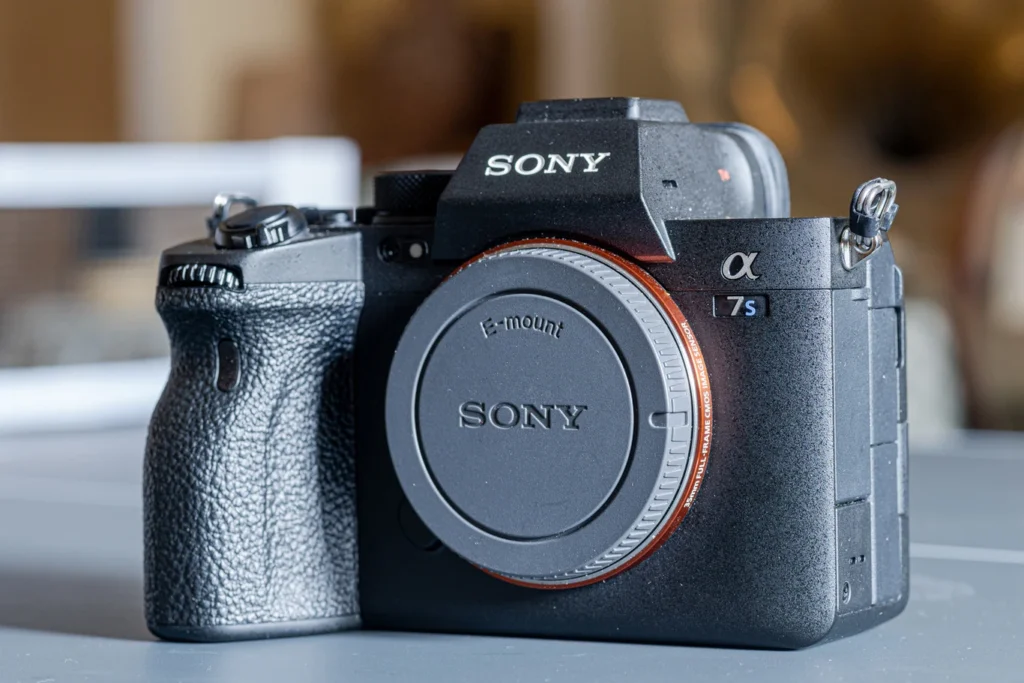
The Sony A7S III is a powerhouse for low-light shooting and high-quality video production. With its full-frame sensor, exceptional low-light performance, and advanced autofocus system, the A7S III is a favorite among professional filmmakers and content creators. Its ability to record 4K 120p and 10-bit 4:2:2 internally sets it apart from the competition.
Fujifilm X-H2S
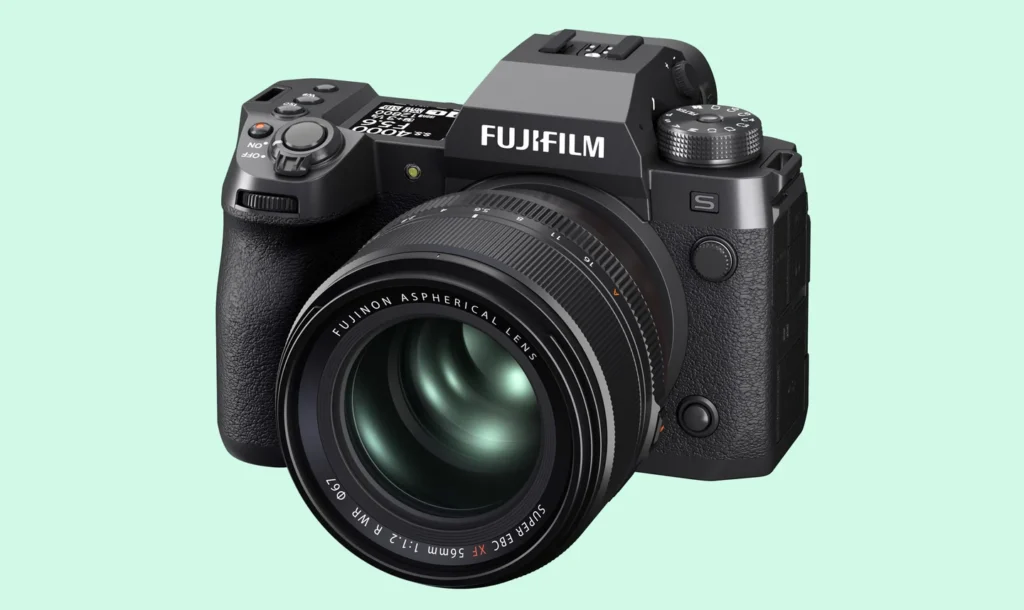
The Fujifilm X-H2S is a high-performance APS-C camera that excels in both video and stills. With its 26.1MP sensor, 6.2K 30p recording, and advanced autofocus system, the X-H2S delivers stunning image quality and versatility. Its rugged build and ergonomic design make it suitable for demanding shooting conditions, while the Fujifilm color science provides a distinct and pleasing look to the footage.
Sony ZV-E1
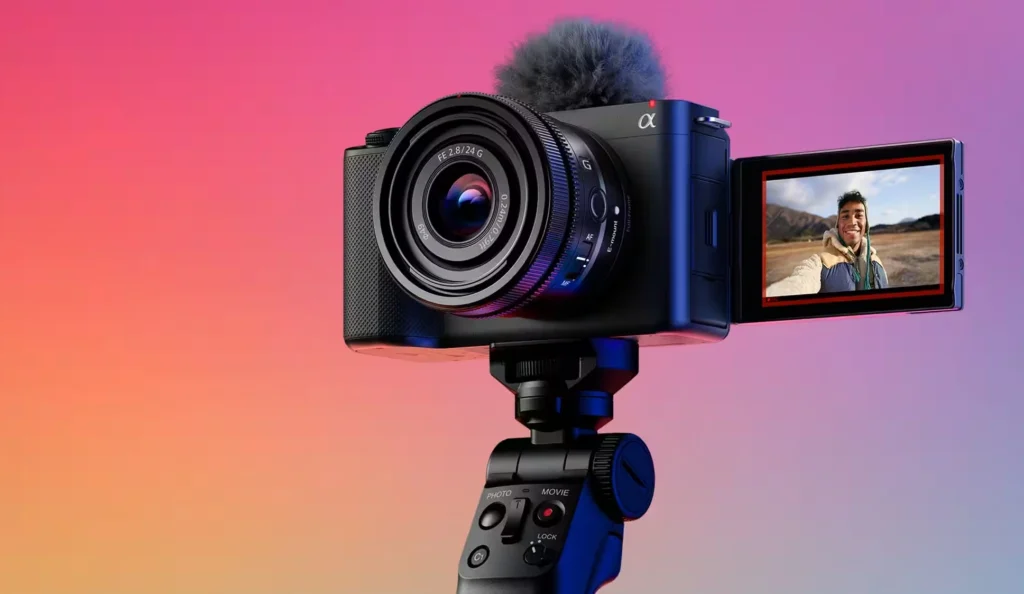
For vloggers and content creators, the Sony ZV-E1 is an excellent choice. This compact camera offers 4K 30p recording, a flip-out screen, and a built-in microphone input, making it ideal for solo shooting and self-recording. Its fast autofocus and face tracking capabilities ensure that you’ll always be in focus, even when moving around.
Nikon Z9
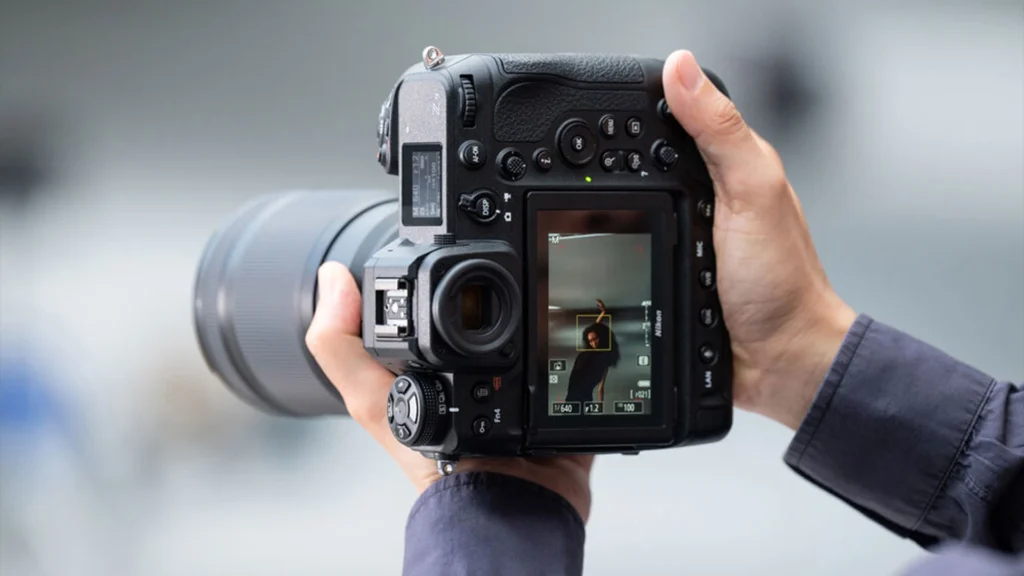
The Nikon Z9 is a top-tier mirrorless camera that pushes the boundaries of video capabilities. With its 45.7MP sensor, 8K 60p recording, and advanced autofocus system, the Z9 delivers unparalleled image quality and performance. Its robust build and ergonomic design make it suitable for professional filmmaking, while the extensive range of Nikon Z lenses provides creative freedom.
Blackmagic Cinema Camera 6K
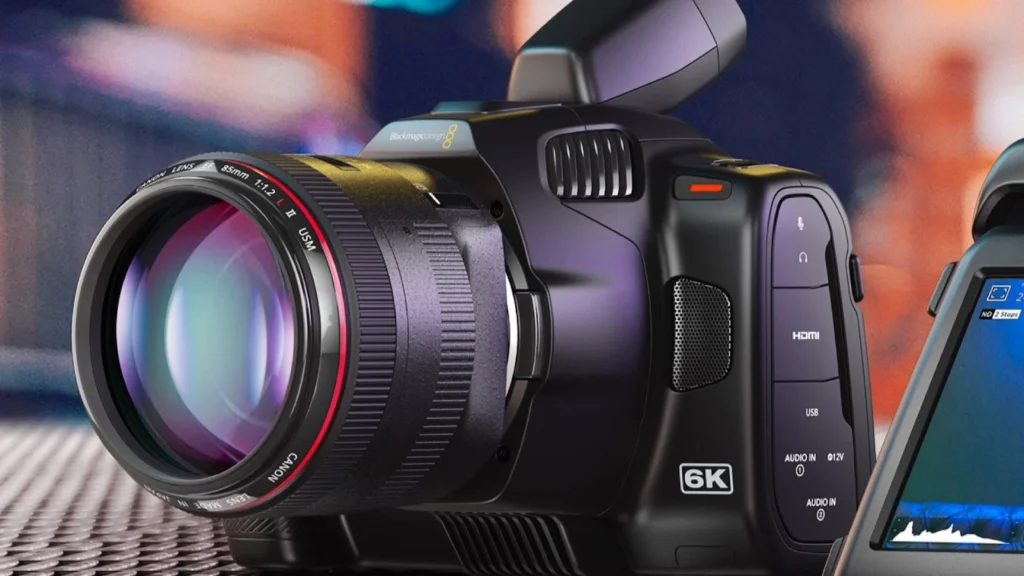
For filmmakers seeking the ultimate in image quality and flexibility, the Blackmagic Cinema Camera 6K is a compelling choice. With its Super 35 sensor, 6K resolution, and wide dynamic range, this camera delivers stunning cinematic footage. Its ability to record in RAW and ProRes formats provides maximum control in post-production, while the built-in ND filters and large LCD screen streamline the shooting process.
Detailed Reviews of Top Filmmaking Cameras
In this section, we’ll dive deeper into the features and specifications of each of the top filmmaking cameras, providing a comprehensive overview of their strengths and weaknesses.
Features and Specifications of Each Camera
Each camera will be examined in detail, covering aspects such as sensor size, resolution, frame rates, autofocus performance, image stabilization, codecs, and more. We’ll also explore the unique features that set each camera apart, such as dual native ISO, anamorphic capabilities, or built-in ND filters.
Pros and Cons of Each Camera
To help you make an informed decision, we’ll outline the pros and cons of each camera. This will include factors like image quality, low-light performance, ergonomics, battery life, and price point. By weighing the strengths and weaknesses of each camera, you’ll be better equipped to determine which one aligns with your specific needs and preferences.
Comparison of Filmmaking Cameras
In this section, we’ll compare the top filmmaking cameras side by side, highlighting their key differences and similarities.
Key Differences Between the Top Cameras
We’ll explore the main distinctions between the cameras, such as sensor size, resolution, autofocus performance, and codec support. This will help you understand how each camera stacks up against the others and which one may be best suited for your specific shooting requirements.
Which Camera is Best Suited for Different Filmmaking Needs
Based on the comparison and analysis, we’ll provide recommendations on which camera is best suited for different filmmaking scenarios. Whether you’re shooting a narrative film, documentary, music video, or commercial, we’ll guide you towards the camera that will help you achieve your desired results.
Tips for Choosing the Right Camera for Filmmaking
Choosing the right camera for your filmmaking needs involves careful consideration of various factors. In this section, we’ll provide some valuable tips to help you make an informed decision.
Understanding Your Filmmaking Requirements
Before selecting a camera, it’s crucial to have a clear understanding of your filmmaking requirements. Consider the types of projects you’ll be working on, the shooting environments you’ll encounter, and the desired look and feel of your footage. This will help you prioritize the features and capabilities that are most important for your specific needs.
Budget Considerations for Filmmaking Cameras
Filmmaking cameras come at various price points, ranging from entry-level options to high-end professional models. Determine your budget and consider the long-term value of investing in a camera that will serve you well for years to come. Keep in mind that the camera body is just one part of the equation, and you’ll also need to factor in the cost of lenses, accessories, and other equipment.
Future-Proofing Your Filmmaking Setup
When investing in a filmmaking camera, it’s important to consider its long-term viability. Look for cameras that offer the potential for firmware updates, ensuring that you can take advantage of new features and improvements over time. Additionally, consider the camera’s compatibility with a wide range of lenses and accessories, as this
will provide you with greater flexibility and room for growth as your filmmaking skills and requirements evolve.
It’s also worth considering the camera’s ability to adapt to emerging technologies and industry trends. For example, cameras that support higher resolutions, such as 8K, or advanced codecs like RAW and ProRes, may be more future-proof than those limited to lower resolutions or compressed formats. By investing in a camera that can keep pace with technological advancements, you’ll be better positioned to create content that meets the demands of the evolving filmmaking landscape.
Conclusion
Choosing the right filmmaking camera is a crucial decision that can greatly impact the quality and success of your projects. By understanding the key factors to consider, such as sensor size, resolution, autofocus performance, and codec support, you’ll be well-equipped to make an informed choice.
The top filmmaking cameras of 2024, including the Panasonic Lumix S5 II, Panasonic GH5 Mark II, Sony A7S III, Fujifilm X-H2S, Sony ZV-E1, Nikon Z9, and Blackmagic Cinema Camera 6K, offer a wide range of features and capabilities to suit various filmmaking needs and budgets. Whether you’re a seasoned professional or an aspiring filmmaker, investing in the right camera will empower you to bring your creative vision to life and create compelling visual stories.
Remember to prioritize your specific requirements, consider your budget, and plan for the future when making your decision. With the right filmmaking camera in hand, you’ll be ready to embark on a thrilling journey of cinematic storytelling and create content that captivates and inspires your audience.
As technology continues to evolve and new filmmaking cameras hit the market, stay informed about the latest advancements and trends. By staying up-to-date with the ever-changing landscape of filmmaking technology, you’ll be well-positioned to adapt and thrive in this exciting and dynamic industry.
So, whether you’re a seasoned cinematographer or an aspiring filmmaker, take the time to carefully consider your options and invest in a camera that will help you bring your creative vision to life. With the right tools and a passion for storytelling, the possibilities are endless.

